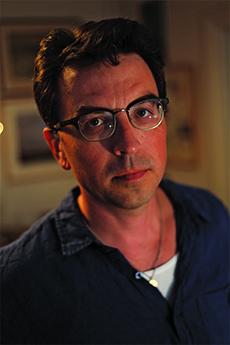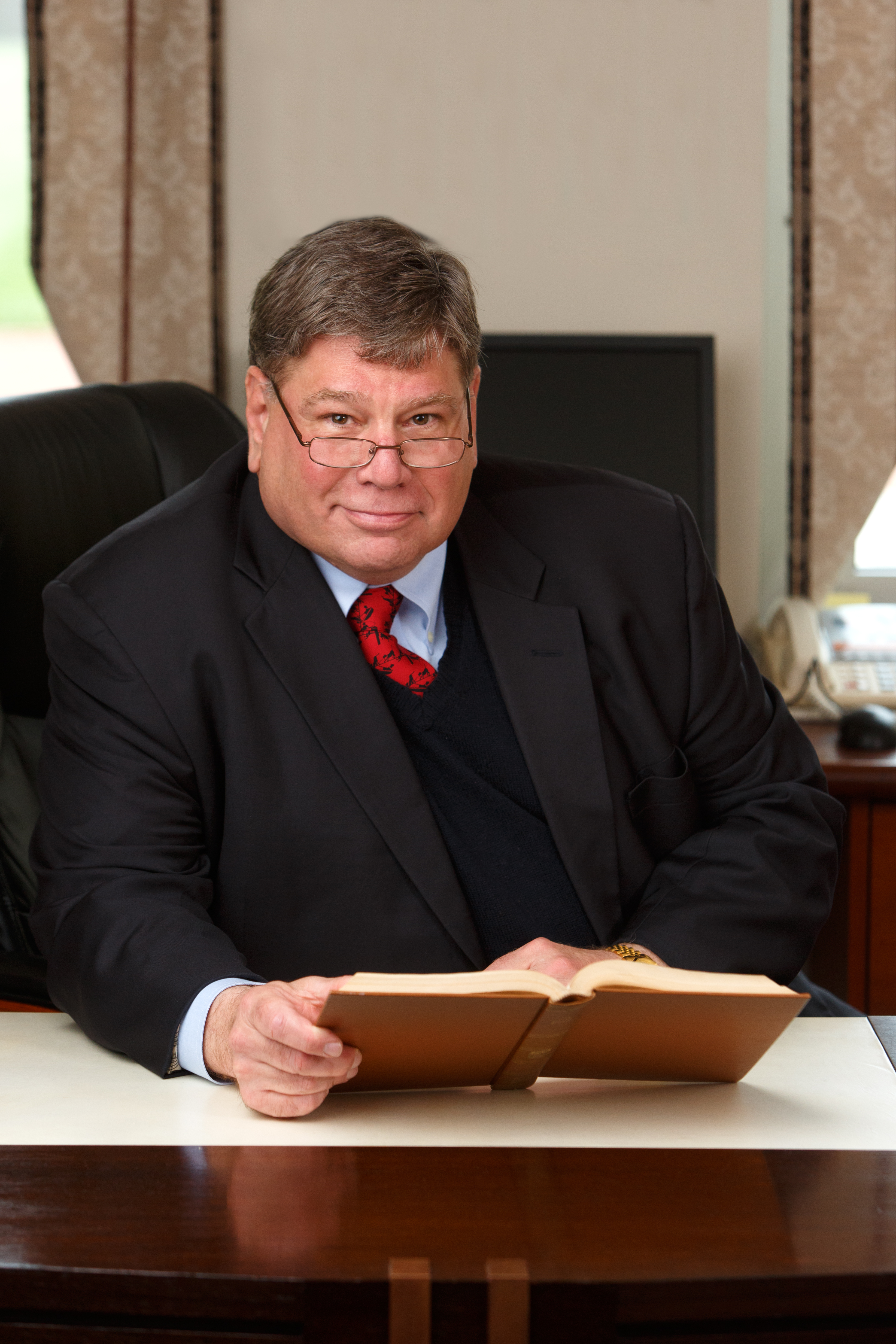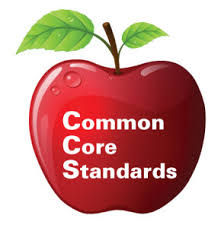
by Christopher Perrin, PhD | Nov 19, 2014 | Articles
This article below is posted with grateful permission from Dr. Scott Samuelson and Rhodes Magazine in which the article appeared in November, 2014.
The Atlantic
Traditionally, the liberal arts have been the privilege of an upper class. There are three big reasons for this. First, it befits the leisure time of an upper class to explore the higher goods of human life: to play Beethoven, to study botany, to read Aristotle, to go on an imagination-expanding tour of Italy. Second, because their birthright is to occupy leadership positions in politics and the marketplace, members of the aristocratic class require the skills to think for themselves. Whereas those in the lower classes are assessed exclusively on how well they meet various prescribed outcomes, those in the upper class must know how to evaluate outcomes and consider them against a horizon of values. Finally (and this reason generally goes unspoken), the goods of the liberal arts get coded as markers of privilege and prestige, so that the upper class can demarcate themselves clearly from those who must work in order to make their leisure and wealth possible.
“Why I Teach Plato to Plumbers:
Liberal Arts and the Humanities Aren’t Just for the Elite”
Scott Samuelson
In the democracy of ancient Athens and the republic of ancient Rome, freedom was only for the few. Slaves, servants, and women had to toil so that free men could cultivate their minds, participate in the government, and enjoy the highest goods of human life—in short, so they could learn and practice the liberal arts.
Our government takes inspiration from Athens and draws on the model of the Roman Republic, but we also inherit the Enlightenment ideal of freedom for all, even if our history has never quite lived up to it. My view—inspired by a long line of American thinkers going back to Thomas Jefferson—is that in a democratic republic the liberal arts should not be the exclusive privilege of the few. We should all have access to an education in thinking and judging for ourselves. The main goals of elementary and secondary education should center on cultivating the liberal arts, and citizens should have the opportunity to study the liberal arts in college without incurring onerous debt.
I’m not saying that we shouldn’t have opportunities for job training in our educational institutions. The reason that ancient Athenian and Roman citizens could devote themselves whole-heartedly to the liberal arts was precisely that the servile did the work necessary to sustain freedom. Part of the genius of the American educational system is that it mixes liberal and technical education. A just democracy requires that we all pitch in when it comes to the economy.
If anything, I’d like to see more real technical education in elementary and primary schools. There’s no reason that a person with a high school diploma shouldn’t be expected to know something and to do something. Furthermore, I’m grateful that our colleges and universities help their students get employable skills. But the dominant note of an education in a liberal democracy should be the cultivation of freedom, not of employability. We rightly want people to have gainful employment, but American citizens should do their work with a spirit of independence, creativity, and self-reliance.
The powerful trends in education right now are all about standardization, rubrics, passing tests, and compliance, which read as forms of servility rather than freedom. Insofar as the private goal of education is about jumping through the hoops necessary to get hired and the rationale for public education is about growing the economy, I worry that we’re striking a blasé Hobbesian bargain of giving up our freedom to big corporations and government agencies in return for the promise of security.
At the end of the Cold War, Francis Fukuyama famously declared that we’d reached “the end of history,” by which he meant that all peoples would eventually settle into liberal democracy. It’s not simply the authoritarian capitalism of China and the violent theocratic movements of the Middle East that challenge his thesis. It’s that we ourselves run the danger of becoming illiberal.
A century ago, when America was tilting toward inequality and empire, the great American philosopher William James said, “Nothing future is quite secure; states enough have inwardly rotted—and democracy as a whole may undergo self-poisoning. But, on the other hand, democracy is a kind of religion, and we are bound not to admit its failure. Faiths and utopias are the noblest exercise of human reason, and no one with a spark of reason in him will sit down fatalistically before the croaker’s picture. The best of us are filled with the contrary vision of a democracy stumbling through every error till its institutions glow with justice and its customs shine with beauty.”
In the decades following James’ stirring remarks, our country stumbled toward institutions and customs that glowed with a little more justice for workers, women, and black Americans. Twentieth-century America gave birth to a world-class public educational system that, for all its flaws, gave an astonishing number of people a distinctive liberal education. Unfortunately, for a few decades now we’ve been walking with misplaced confidence toward inequality and empire once again.
But we should refuse to “sit down fatalistically before the croaker’s picture.” As a new world order is taking shape, we have the opportunity to shine like never before as the country where, with the help of the liberal arts, citizens widely participate in the government, workers have a voice in an innovative economy, and the widest number of people enjoy the best of the human inheritance.
Scott Samuelson, the author of The Deepest Human Life: An Introduction to Philosophy for Everyone (University of Chicago Press, 2014), is giving the lecture “Suffering and Soul-Making: On the Deep Value of the Liberal Arts” on January 15, 2015, as part of Rhodes’ Communities in Conversation series.

by Christopher Perrin, PhD | Nov 17, 2014 | Articles
We are delighted to present a blog post by Christopher B. Nelson, president of St. John’ s College in Annapolis, and a national spokesperson for the liberal arts. http://www.sjc.edu/
St. John’s College, with campuses in Annapolis, Maryland, and Santa Fe, New Mexico, is an independent, four-year college that is devoted to liberal education. Its richly varied curriculum focuses on an integrated study of philosophy, literature, history, theology, political science, mathematics, music, and science. Students and faculty engage directly, through study and discussion, with original texts and ideas that are at the foundations of Western thought. You can find this article and many others at http://blogs.sjc.edu/christopher-nelson/
This article is published with permission from St. John’s College.
Lincoln and Liberal Education
Christopher B. Nelson
Abraham Lincoln remains alive to us these days, in part because of the extraordinary performance by Daniel Day Lewis in the film Lincoln. In one thoughtful scene, Lincoln sits in a teletype office and wrestles with the question of human and racial equality and the awful institution of slavery. He harkens back to one of the great foundational texts of western civilization, Euclid’s Elements, a beautiful book of elementary geometry written over 2,000 years ago.
In the film, Lincoln cites Euclid’s first common notion: “Things which are equal to the same thing are equal to each other.” He calls it true “because it works, always has done and always will do.” And then he reminds us that Euclid called it “a self-evident truth”, putting us in mind of another great work of civilization, America’s own Declaration of Independence: “We hold these truths to be self-evident: that all men are created equal, that they are endowed by their creator with certain unalienable rights, and that among these are life, liberty, and the pursuit of happiness.”
Lincoln, self-educated, a versatile and critical thinker, questioned prevailing assumptions of his day, and, in his search for truth, drew upon mathematical axioms as a storehouse of principles he might apply to his political philosophy. This is what liberally educated people do, people who are broadly and deeply educated in the great movements of history, in the foundational texts and fundamental insights of physics and philosophy, literature and biology, music and theology, sociology and yes, mathematics — people who have acquired a kind of worldly wisdom that allows them to rise above and see behind the barriers to understanding and action, and take the imaginative leap that is often necessary to solve a problem or find a solution. These are also the people who have developed the skills of listening attentively, speaking persuasively, arguing logically and working collaboratively to bring an idea to fruition.
Lincoln was a practical man, a worldly politician, not just a theoretical thinker. Was it true, he must have asked himself, that the truths proclaimed in the Declaration were self-evident? And if self-evident, then why were they not universally recognized and slavery abolished? So the practical man in Lincoln must have come to the conclusion that if they were not self-evident or their self-evidence not sufficient, they would have to be proved — some four score and seven years after the writing of the Declaration. Thus, his Gettysburg Address changed the terms of the question from “holding a self-evident truth” to “dedicating oneself to a proposition” that all men are created equal. No longer an axiom of mathematical logic accessible to reason, this would become a proposition requiring proof in action, following an act of will, in a great civil war, dedicating thousands and thousands of lives in the interest of securing freedom for those who had been denied the right to claim equality under the law. And still more, Lincoln asked “that from these honored dead we take increased devotion to that cause for which they gave the last full measure of devotion…”
This rhetorical change in our founding document represented a momentous re-founding of our nation, from one resting on an axiom of reason to one requiring our dedication to realizing the dream of equality through an act of liberation.
This commitment to liberation, to the principles of liberty, to freedom of speech and action, is what undergirds our nation. And it is our national duty to assure that each generation of citizens is well educated in the arts of freedom to protect them from attack and from atrophy. It ought to be the first concern of our schools, from pre-kindergarten through college, that our young acquire the freedom to make intelligent choices concerning the ends and means of both their public and private lives. This requires the cultivation and practice of the art of reason and understanding and discipline in analysis, argument and interpretation so that they may be free from the tyrannies of unexamined opinions, current fashions and inherited prejudices.
Our nation was founded on the idea that good government is grounded in its citizens’ intellectual freedom; our strength depends upon this idea. Our economy is grounded in the notion of free enterprise; the freedom we have to test our ideas against the needs and demands of the community has helped build the prosperity we have enjoyed as a society. This too depends upon the intellectual freedom of our citizens. And so it is with our social order and moral character.
For the sake of our country, then, we need our citizens to have two kinds of education that are in a very healthy tension with one another: (1) an education in the political and intellectual foundations, including the economic, scientific and social traditions and principles that have shaped our nation, and (2) an education in the arts needed to question and examine those very foundations and traditions in the light of reason, so that we may keep them vibrant and alive, and so that we may redefine and improve on them when we discover we have good cause. These are called the arts of freedom because they are grounded in the kind of free inquiry that helps us understand our world better and inspires in us a sense of wonder and longing to learn more.
Our nation’s liberal arts colleges were established to help cultivate this freedom of intellect through examining the seminal texts that underlie and inform our understanding of the world, and through developing the arts of inquiry. These colleges are dedicated to cultivating the arts of freedom to develop the self-sufficiency that is fit for our republic—fit for a republic that champions the right of all of its citizens to pursue the happiness that belongs to them, for making a life worth living, one that brings opportunities for success in making a living too.
We who are responsible for our nation’s liberal arts colleges take this to be our public trust, one to which we give a full measure of devotion. We serve the common good, and this in turn serves our nation well, keeping it strong and vibrant, able to undertake the challenges of tomorrow because it has a citizenry that has some understanding of the intellectual and moral virtues required and the strength of will to use them well—a fitting legacy of Abraham Lincoln.
I confess to taking special delight in the response to the Lincoln movie by many members of the St. John’s College community to which I belong, celebrating that scene where Lincoln was shown to have read Euclid’s Elements, a seminal book read by every St. John’s student, just as every St. John’s student later reads this country’s founding documents and Lincoln’s speeches. The spotlight shown by the film on all of these texts rightly justifies our calling them great and transformative, words that we apply to the liberal education they make possible.

by Christopher Perrin, PhD | Nov 4, 2014 | Articles
When I first heard the Common Core discussed in a news report, I had a schizophrenic reaction. Being an ardent advocate for the classical tradition of education, I responded positively to its captivating name. Classical educators love and support the idea that there is a “core curriculum” –-a core (even a canon) of great books, great ideas and great arts that should be studied. We also support the notion that these great ideas should be the common study and treasure of the entire nation. Much of this thinking is embedded in E.D. Hirsh’s Core Knowledge curricula, for example. But then I had another reaction: what I heard of this Common Core, turned out to be nothing like the classical tradition, but rather something quite uncommon to it. As I read and listened, it became clear that the Common Core Standards (CCS) were progressive education theory with a classical name. The name connotes or suggests something that it is not—at least to anyone familiar with traditional and classical education. (more…)










